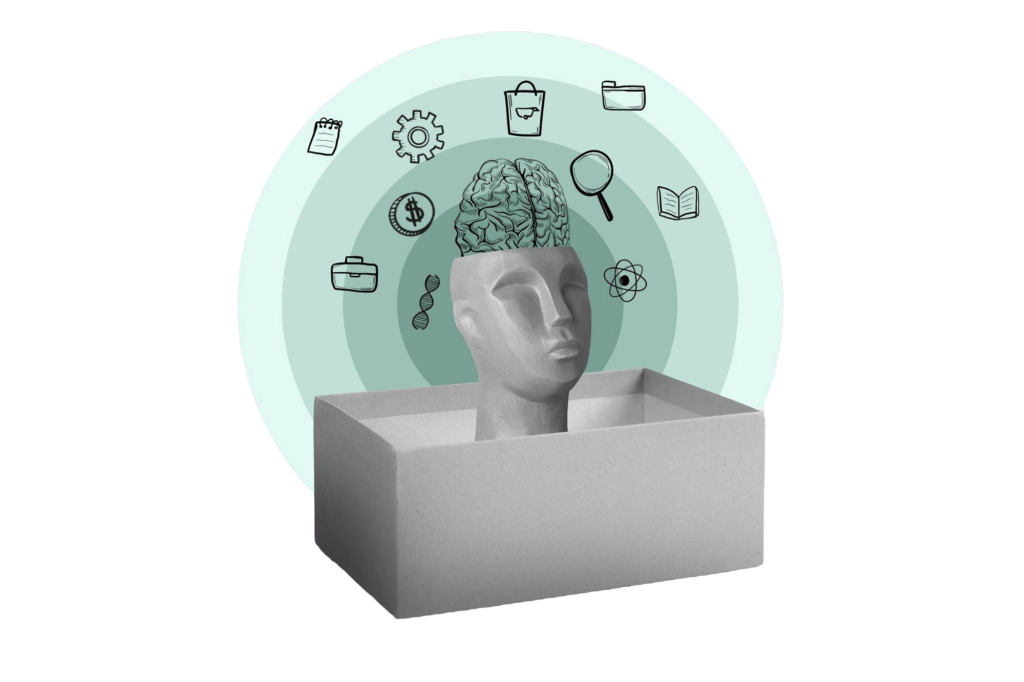Interview skills are critical and can never be overstated. Every job interview requires specific skills for maneuvering oneself into the desired company. If you have been following our blog, you know we published dos and don’ts during an interview to equip job seekers with basic etiquette whilst seated. However, this article seeks to provide those essential skills to put one foot into the company, those that stand out for employers.
Key Skills
Table of Contents
1. Tailored storytelling:
Yes, it is important to share your experiences with other companies and share your responsibilities; however, interviewers look out for what you achieved whilst in that position. What key achievements did you attain? Can you share what you did that enabled the team to achieve its goals? Telling the story of how your ideas impacted the company or the team goes a long way to inform employers that you are not just a viewer but an active employee who makes an input. Then, tailor it to how you can help the company achieve its goals. Also, make sure to highlight problem-solving abilities. Employers are looking for people unafraid to go all-in when given a task. So, it is important to put out the person of problem-solving. Tell the story of previous times when you utilised this skill.
2. Emotional intelligence:

Everyone has heard of this skill, which is very teachable. Emotional intelligence is not left or made for only a group of people. Emotional intelligence, according to Mental Health America, is “the ability to manage both your emotions and understand the emotions of people around you.” Emotional intelligence involves empathy, motivation, social skills, self-awareness and self-regulation. One thing employers are on the lookout for when recruiting is someone with emotional intelligence. When employees can be objective in their decision-making, not allowing their emotions to dictate, employers see them as intelligent. Operating with critical thinking and understanding is important to teamwork.
3. Motivation:
Before going to an interview, understand who you are and what motivates you, and work on how you manage other people’s emotions. Make sure to accept your weaknesses and strengths when asked during an interview.
4. Analytical and critical thinking skills:

Apart from emotional intelligence, critical thinking and analytical skills are invaluable. Critical thinking skills are making objective decisions and reasoned judgements based on evidence. This also involves evaluating data, considering multiple perspectives and then drawing conclusions from them. So, as part of your preparation, include critical thinking and analytical skills as key skills.
5. Tech-savviness:

In this modern era, we will inevitably be in tech, and interviews will be done virtually. You’d have to know how to operate virtual meeting apps like Zoom and Google Meet. Know the ethics of virtual meetings, like muting the microphone, getting a good background, and toggling on/off the video. Part of virtual interviews involves dressing well, just like you would in a physical interview. Be sure to dress appropriately.
6. Effective follow-up:
Effective follow-up after an interview is critical in reinforcing your interest, professionalism, and attention to detail. The technique here is always to send your follow-up email after 24 hours.
In writing it, be sure to use a formal, polite, even if the interview was conducted in an informal setting.
Also, check your subject line, making sure it is clear and catchy. For instance, “Thank you for the interview opportunity.”
After that, start the message with a professional greeting, address the interviewer, and spell it correctly.
Express appreciation, reference specific points in the interview, and end with another thank you for closing the email.
7. Reflect on each interview for continuous improvement:
After every interview, reflecting on what you did or did not do right is necessary. Put down the questions you were asked and use that to top up your commonly practised questions.
In conclusion, Interviews can be challenging, but by adopting critical thinking, analytical skills, tech-savviness and storytelling, you can present yourself in the best possible light. Know the ethics related to virtual meetings and master how to write an effective follow-up message.
Check out another interesting article on how to prepare yourself for interviews.





